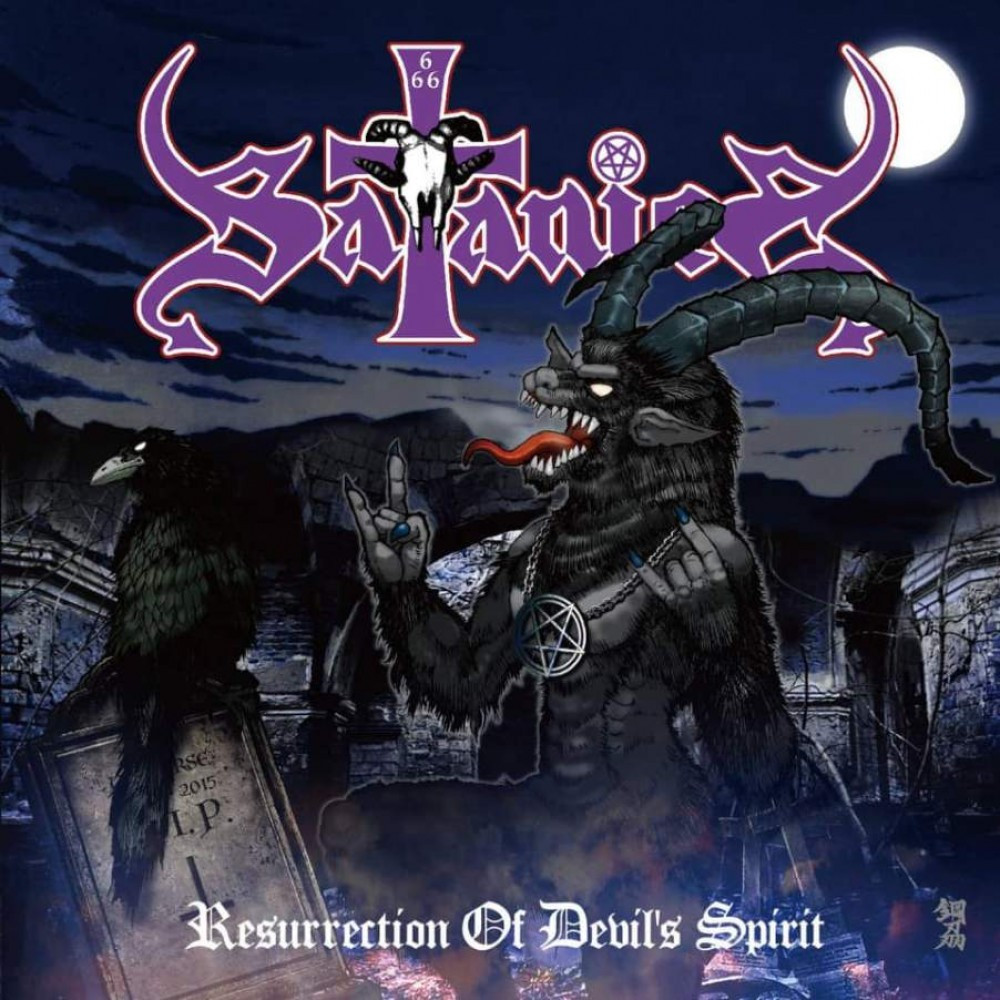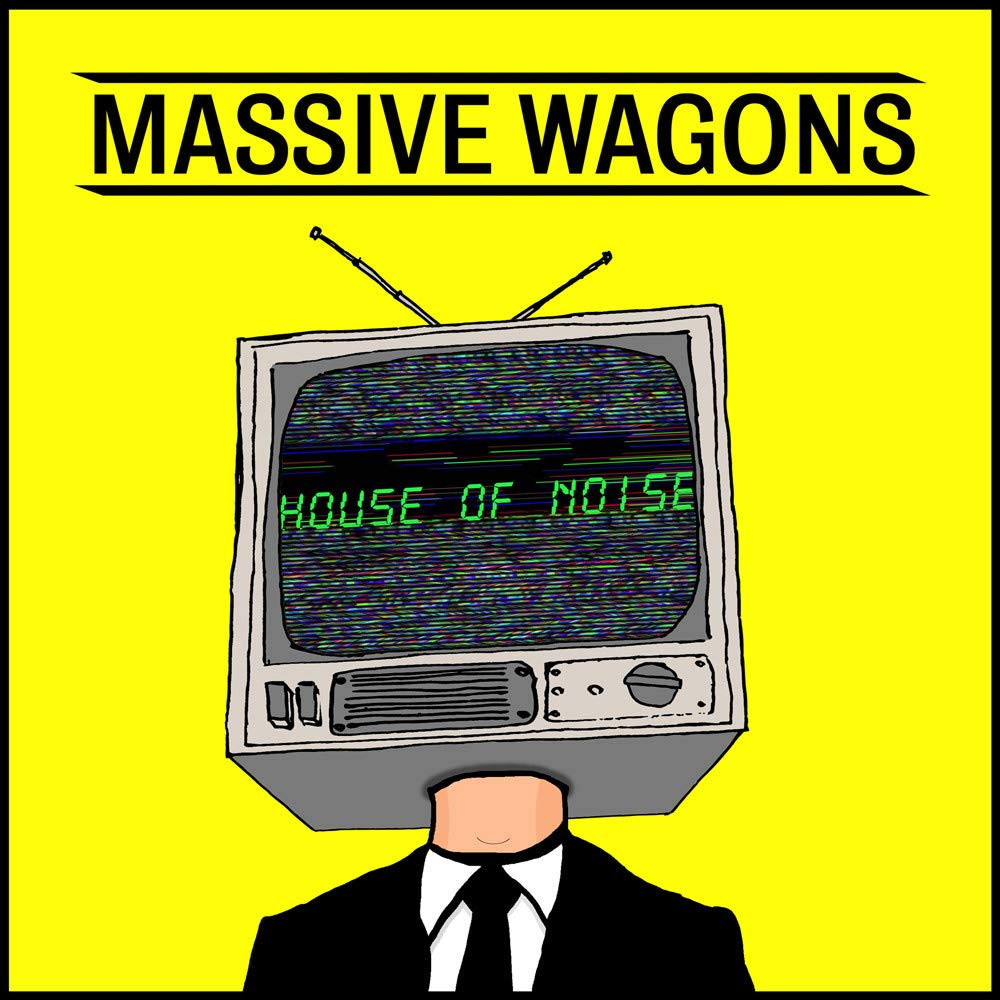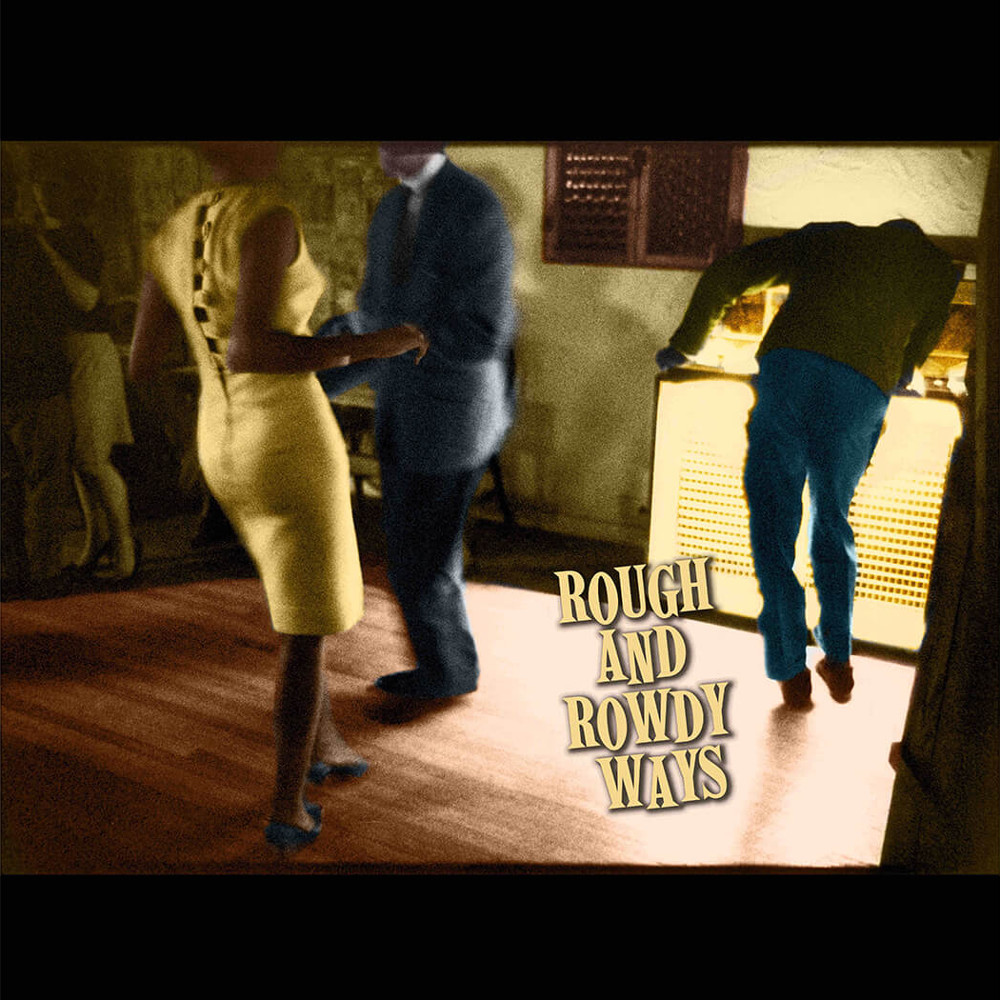 |
Country: Germany
Style: Melodic Death Metal
Rating: 6/10
Release Date: 24 Jul 2020
Sites: Bandcamp | Facebook | Metal Archives | Official Website | Twitter | Wikipedia | YouTube
I struggled with this new Night in Gales album for a while. Certainly, part of it is that I'm not a big fan of Christian Müller's vocals, which seem to me to be overly emotional for the material, a cross between hardcore shouts, death growls and emo pouts. He was the band's original vocalist back in the nineties but he handed over to Björn Gooßes in 1996 and it's Gooßes on their first five albums. Müller rejoined in 2016 and this is his second album with the band since, after 2018's The Last Sunsets.
I'm much happier with the music but it still didn't grab me off the bat. It wasn't until the eighth track, A Spark in the Crimson Eclipse, that I got on the right wavelength. That felt like an old Dark Tranquillity song to me and that's no bad thing. Through Dark Decades sounded great too following it and my favourite piece of music here is surely The Bonebed, which closes out the album instrumentally. And that's not just because of the absence of vocals, but because of its slower feel that's closer to doom/death.
Listening through again, I found that there are doom/death notes throughout, especially in the guitar solos, though the pace continues to be far too fast to qualify as doom/death until The Bonebed. A song like Winterspawn could be easily slowed down to half speed and its excellent riff might even have more impact that way. I also found that I was even getting conditioned to Müller. I still much prefer Gooßes's more traditional delivery but my second listen brought Müller's stronger growl into focus. He isn't always overemotional.
Maybe I just needed to get inside this music. Maybe Müller's wailing put me at a distance and I couldn't get closer until A Spark in the Crimson Eclipse pulled me in with its more inspired dynamics. Certainly, even on another run through, the second half seems stronger than the first, even with that riff on Winterspawn, some very cool bass work on Beyond the Light and relentless pacing on Beasts Leave Tombs Again.
Ignoring the brief dissonant intro that is Atrocity Kings, which doesn't do anything for the album, there are ten songs here, making Kingdom technically the end of the first half. It's certainly the heart of the album, right in the middle of it and almost two minutes longer than anything else. It has an intricate intro and a fantastic breakdown in its midsection, the latter featuring the best vocal work on the album. It's here that Night in Gales really start to shine.
Then, after the decent The Spectre Dead, come A Spark in the Crimson Eclipse and Through Dark Decades, which both shine. The former is a tour de force, a complex song with constantly shifting tempos and no end of dynamic play. The shoutier end of Müller's delivery actually works here, as it's energetic and raw. The most annoying thing about this song is that it isn't new, being the A side of the Razor single back in 1996. Through Dark Decades continues that well, albeit more predictably and with a steadier pace. Choir of Unlight has a tasty guitar solo, almost a setup for The Bonebed.
For German melodeath, this is emphatically done in the Swedish style. At its best, it reminds of early Dark Tranquillity. At its worst, it reminds of the most average At the Gates. I originally had a 6/10 in mind, but it convinced me on that second listen to go up to a 7/10. I still want to listen to this at half speed just to see how near to doom/death it would sound like, but it does the job. It's good to see Night in Gales surviving the loss of its lead vocalist of sixteen years and moving forward, even if I'm not totally sold on his predecessor/replacement.
PS: I adore that cover by Costin Chioreanu!












